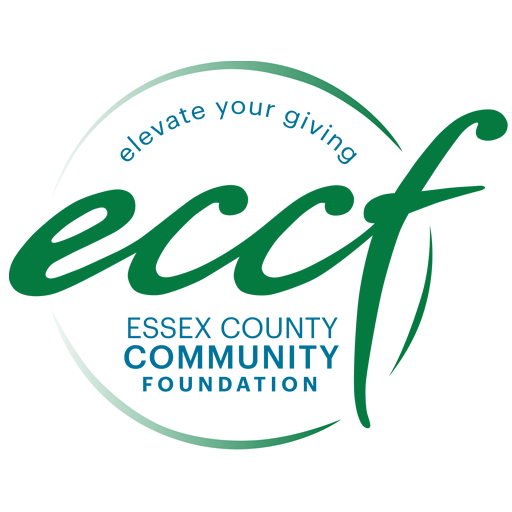create your own legacy
planned giving
Planned giving is a thoughtful and strategic way to give a significant gift that may have not been possible during your lifetime. Planned gifts often take into consideration your plans to provide for your loved ones and create a lasting impact in the community.
Our commitment is to understand your individual goals and intentions and to establish and honor a plan that is unique to you. We encourage you to seek the advice of your trusted professional advisors as you consider your planned giving strategy.
explore the options
bequest
A bequest to ECCF is an investment in the future. Bequests can be unrestricted gifts to support the mission of ECCF in the long term, or can be utilized to establish a Donor Advised Fund to include your family’s next generations in your philanthropy. As with all charitable giving, we encourage you to consider both the financial and community benefits of utilizing this tool as well as your desire to personally experience the impact of your philanthropy.
life insurance
A gift of life insurance provides a compelling and simple way to make a significant gift to ECCF. There are three ways to give life insurance to ECCF.
- Name ECCF as a beneficiary to your current policy. This gift is as simple as updating your beneficiary designation form with the policy holder. Upon your passing, your estate receives a charitable deduction and the death benefit passes to ECCF tax—free. You can designate that the proceeds support our overall mission or designate that they be added to your donor-advised fund at ECCF.
- Make an outright gift of an existing policy.You can name ECCF as owner and beneficiary of an existing policy. When you itemize your taxes, you qualify for a federal income tax deduction and if you continue to pay premiums on the policy, each payment is tax deductible as a charitable gift.
split-interest trusts
A split-interest trust can benefit you and your family members over your lifetimes or for a term of years, after which a charity receives the remainder (a “Charitable Remainder Trust”), or it can benefit a charity over your lifetimes or a term of years, after which your family members receive the remainder (a “Charitable Lead Trust”). Split-interest trusts and can be a savvy way to achieve your financial and charitable goals, now and in the future. These trusts achieve quite different tax benefits and are used for different purposes.
- Charitable Remainder Trust
A charitable remainder trust is a gain deferral technique that would be used to receive a gift from you of appreciated property, which it sells without immediately owing any capital gains tax, so all of the proceeds can be invested to support payments made to you and/or your family in annual or quarterly installments. Your receipt of payments will be taxable to you, sometimes representing taxable ordinary income that the trust has earned, and if your payments exceed that income then they are taxable to you to the extent of the gain incurred when the trust sold your gift of appreciated property. Upon the deaths of you and family members, or after a defined period of years, the remaining assets in the trust transfer to ECCF.
- Charitable Lead Trust
A charitable lead trust is a gift and estate tax reduction technique that lets you make significant charitable gifts now and over a period of years, while transferring substantial assets to beneficiaries later. ECCF can receive funds directly in support of our mission or funds can be added to your Donor Advised Fund. When the trust terminates, the principal is returned to your designated family members with reduced or no gift or estate tax consequences.
donors & giving
get in touch

Stacey Landry
Senior Vice President for Advancement and Philanthropic Services
(978) 777-8876 x122
s.landry@eccf.org

